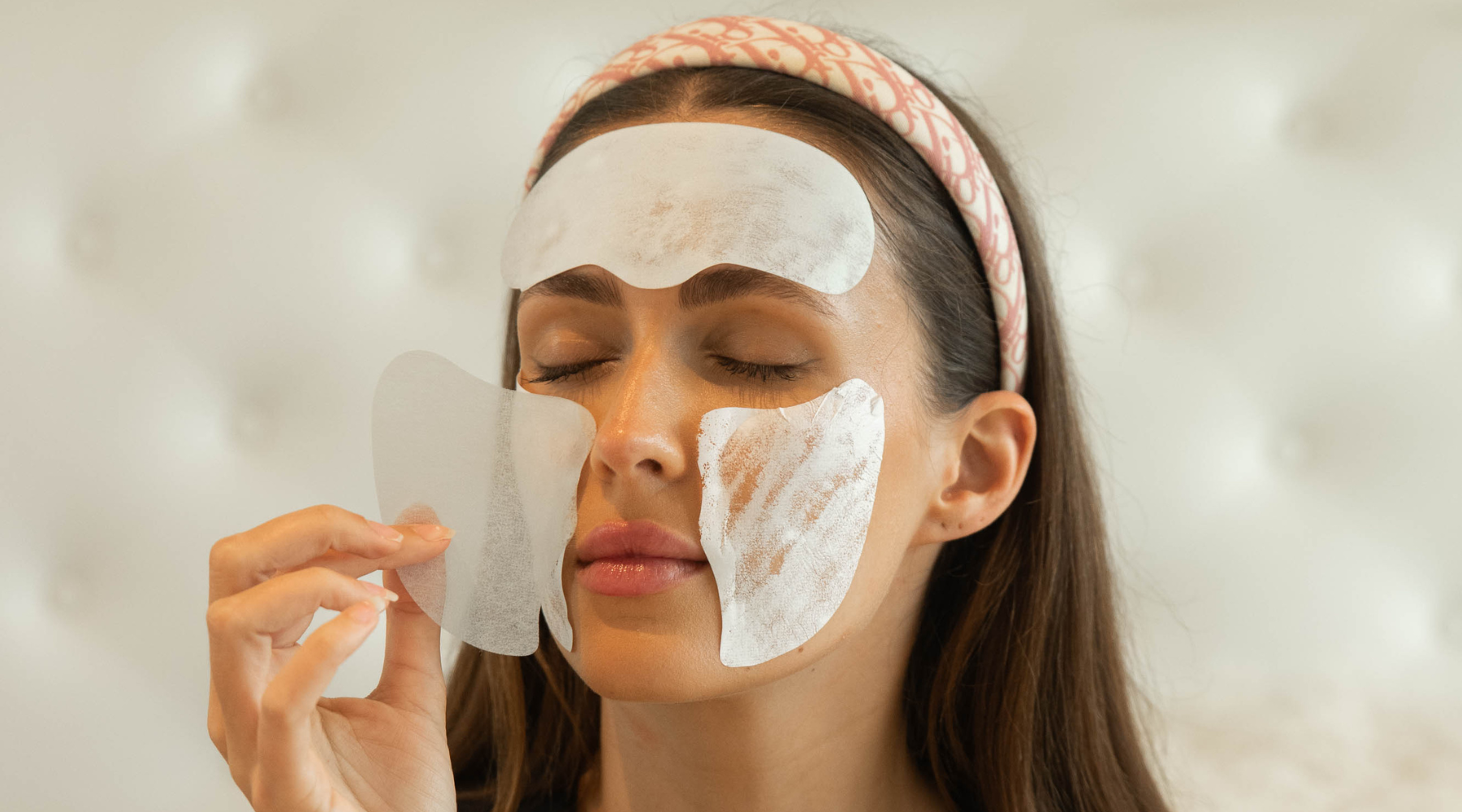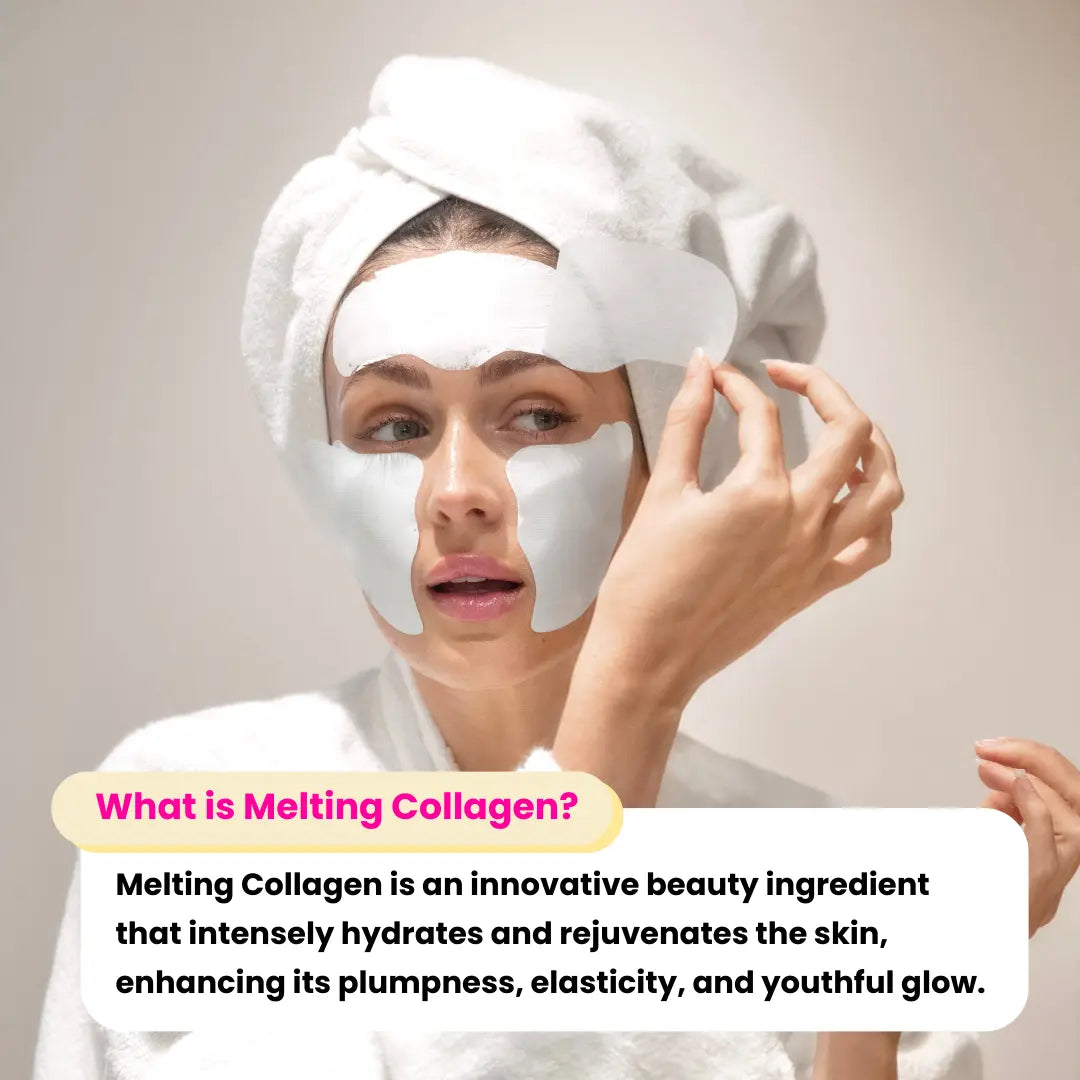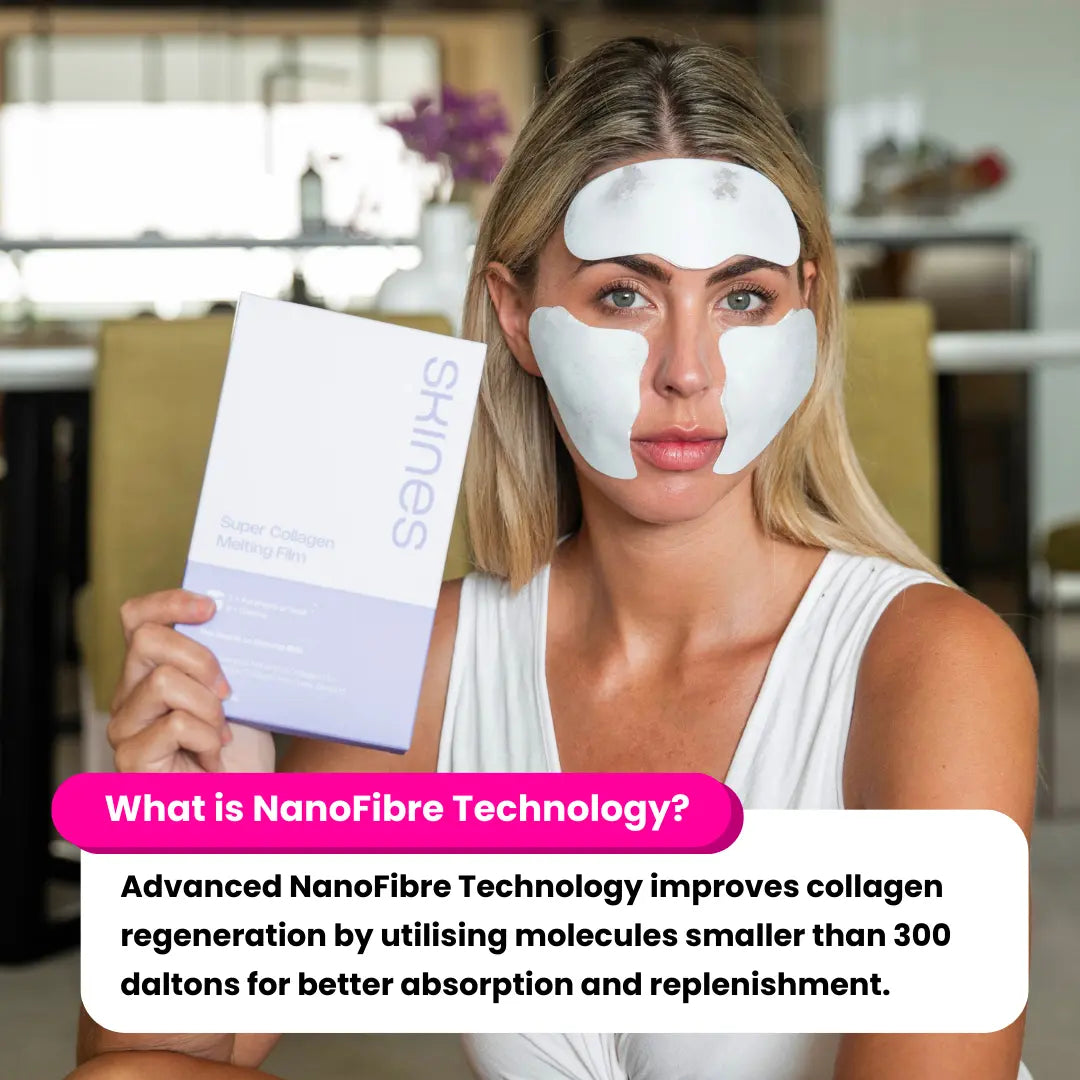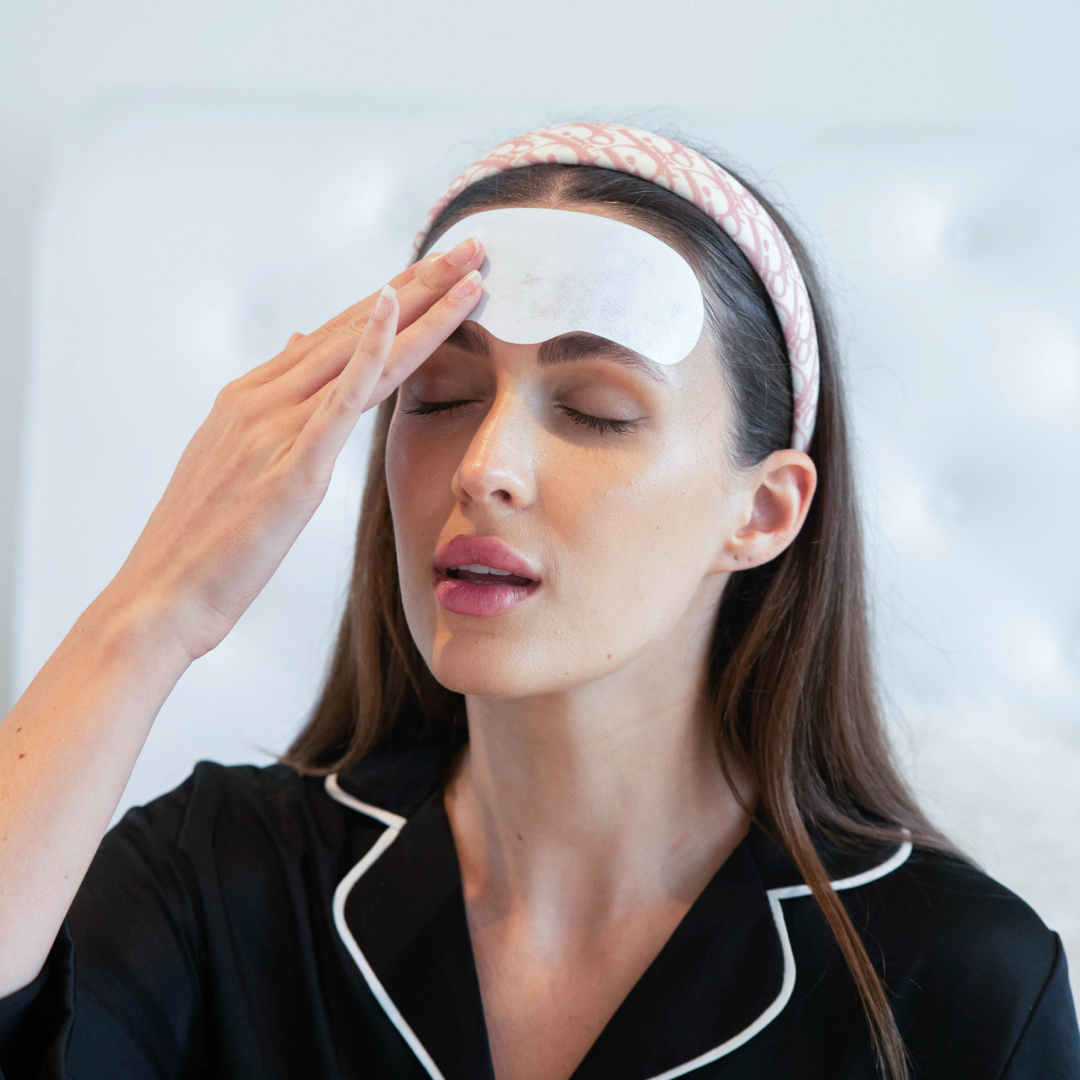
Traditional vs New Generation Collagen Masks
Collagen, the protein responsible for your skin's youthful bounce and elasticity, naturally diminishes with age. This decline contributes to visible signs of ageing like wrinkles, fine lines, and sagging.
This has sparked a surge in collagen-based treatments, from topical creams and masks to injectable fillers and dietary supplements. But with so many options available, navigating this space can be overwhelming.
Are traditional collagen treatments truly effective?
This blog dives deep into the science, unravelling the truth behind collagen and exploring the exciting advancements in "new-generation" collagen solutions. We'll compare traditional and new approaches, helping you make informed choices for your skincare journey.
Understanding Collagen's Role in Skin Health
Think of collagen as the scaffolding that provides your skin with structure and firmness. It also plays a crucial role in wound healing and maintaining hydration.
Unfortunately, collagen production slows down as we age, starting in our late 20s and accelerating around 40. This natural decline contributes to a loss of volume, diminished elasticity, and the formation of wrinkles.
Exploring the Collagen Treatment Landscape: From Creams to Injectables
The quest for youthful skin has fueled innovations in various collagen-based treatments:
- Topical Creams & Gels: These products typically contain collagen fragments or derivatives like hydrolyzed collagen. However, limited research suggests their effectiveness in boosting collagen production within the skin due to the large size of collagen molecules struggling to penetrate deeply.
- Collagen Masks: These masks, infused with collagen or collagen derivatives, offer temporary hydration and a plumping effect. New iterations utilise nanotechnology to break down collagen into smaller particles, potentially enhancing absorption.
- Injectable Fillers: These fillers contain synthetic or animal-derived collagen and offer immediate volume restoration and wrinkle smoothing. However, they require professional administration and have temporary effects.
- Dietary Supplements: Collagen peptides or hydrolyzed collagen are orally consumed to supposedly increase collagen production. While research holds promise, more studies are needed to confirm their efficacy and optimal dosage.

Differences between Traditional and New Collagen Masks
Traditional collagen treatments often have limitations:
- Limited Absorption: Larger collagen molecules in many traditional products may struggle to penetrate deeply into the skin, hindering their ability to directly impact collagen production.
- Temporary Effects: Topical creams and masks mainly offer temporary hydration and surface-level improvements.
- Limited Research: Many traditional approaches lack extensive scientific backing to definitively prove their impact on collagen production within the skin.
New Generation Collagen Masks
New-generation collagen treatments embrace innovative approaches and are result-driven:
- Nanotechnology: Breaking down collagen into smaller particles using nanofibers enhances absorption potential, allowing for deeper penetration and possible utilisation by the skin.
- Hydrolyzed Collagen: Pre-digested collagen fragments in some new masks may be more readily absorbed and potentially used by the skin.
- Multi-Ingredient Approach: Combining collagen with other active ingredients like hyaluronic acid (a powerful humectant) and antioxidants creates a synergistic effect, potentially amplifying benefits beyond hydration.
- Research-Driven Development: Newer formulations often draw upon emerging research and focus on ingredients with scientific backing for potential skin benefits.
- Melting Films & Ampoule Mists: This exciting innovation involves dissolving collagen films and collagen ampoule mists. These can be used together to maximise absorption of collagen films or individually.
Choosing the Right Collagen Solution
Understanding the differences between traditional and new-generation collagen treatments empowers you to make informed choices. While newer formulations hold promise, remember that conclusive evidence regarding their impact on collagen production awaits long-term research. Ultimately, the best approach depends on your individual skin concerns, budget, and preferred treatment method.













Leave a comment
This site is protected by hCaptcha and the hCaptcha Privacy Policy and Terms of Service apply.